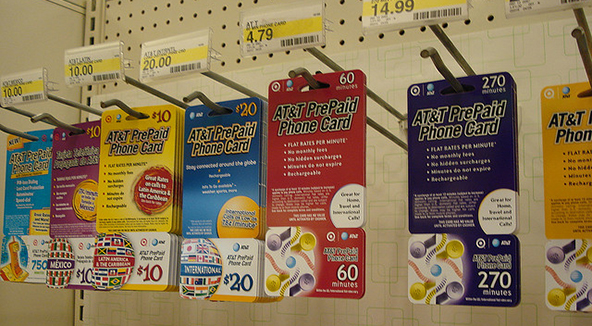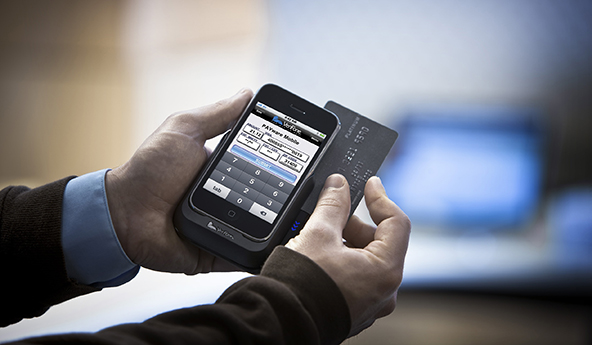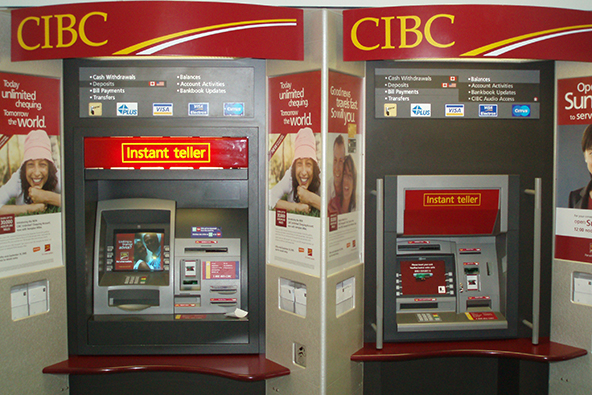What Everyone Selling Prepaid Phone Cards Should Know about Payment Acceptance

Merchants selling prepaid phone cards often find it difficult to set up a U.S.-based merchant account and accept credit card payments for their product. This is especially true of merchants with no previous processing experience. As is often the case, many of them do not understand what the issue is that prevents processors from working with them on normal terms and don’t know how to proceed. In this article I will explain how processors view the prepaid calling card industry and offer merchants a way for dealing with the regulatory requirements. My advice would also be broadly applicable to merchants in related industries, for example businesses selling broadband TV and phone services.
Selling Prepaid Phone Cards Is High Risk
This is at the core of the matter. From a processor’s point of view, selling prepaid cards is a high risk activity, meaning that it carries a higher than average probability for generating customer disputes and chargebacks. This is where many merchants get confused. “We would be the ones paying for these chargebacks, not the processor,” they would say. “Why is this an issue?”
Well, while it is true that merchants pay a fee for each chargeback they receive, processors get charged much higher fees by the Associations (Visa and MasterCard) for each merchant with an excessive level of chargebacks (defined as a total number of chargebacks equal to or exceeding one percent of the total transaction count, calculated on a monthly basis).
To make matters worse for the processor, the penalty fees for excessive chargeback merchants only get steeper if the chargeback rate is not brought back down to under one percent. So what typically ends up happening is that processors suspend merchant accounts long before the one percent threshold is reached.
Moreover, processors may be unable to collect the chargeback fees, as merchants with high chargeback rates often go bust or simply disappear long before all of the chargebacks have been initiated (which can be as late as six months after the transaction date).
What Is a Prepaid Phone Card Merchant to Do?
So now that you understand the reasons processors are cautious when dealing with sellers of prepaid calling cards, what are you to do, if you are one of them? That would depend on your circumstances.
If you already have a functioning merchant account and are looking for better rates, you stand a much better chance. Once you find a processor you would want to work with, you would be asked to provide several months’ (three to six) worth of processing statements, your business financial statements for the latest two years, bank statements and possibly some other documentation, in addition to all of the regular paperwork. The good news is that you already have all these documents and if everything looks good, your merchant account will be approved.
But what if you are new to the industry? Well, if that is the case, it can be very difficult for you to get approved. There are very few processors that would be willing to work with you on normal terms. If you find one, you will probably be asked to agree to a reserve and your rates will be very high. Additionally, the funding of your account will be done on a weekly basis, at best, and there will be other disadvantages. You may have to work with a third-party processor until you accumulate sufficient history to be able to apply for an account on normal terms.
The Takeaway
While it is not impossible to find a processor for a prepaid phone card operation, you will need to be prepared to do some extra work in finding the right fit for your circumstances and then produce plenty of paperwork. Make sure your business is incorporated and has obtained all applicable business licenses. Then have a certified accountant maintain your financials, including balance sheets and income statements, on a monthly basis. Also, make sure you keep more than a few dollars in your bank account. When a credit manager reviews your application, he or she will want to see that you have enough money in your bank account to actually fund your operations.
The bottom line is that when you operate a high risk type of business, you would want to present as solid an image as you can. This would not only help you get a merchant account on reasonable terms, but will also make you a more attractive choice to other potential business partners.
Image credit: Itgmunawar.blogspot.com.



Well, I think that depends on the business or who you are dealing with, in my case I have used distancecalling.com for over 4 years and never had an issue, as a matter of fact they have a payment history, calling history and login history on your account so you can have a better control of your activities
Hi kenneth I think you are right about distancecalling.com, but the article talks about chargebacks and merchant accounts. Sometimes dealing with PRINTED prepaid calling cards can have some level of risk.
I am looking for an online site to purchase prepaid phone cards that can call from japan and jordan to the US at a reasonable rate. I am also wondering if there is any difference between the different phone cards and calling cards in terms of quality or are they just all the same. Any information on this would be helpful!